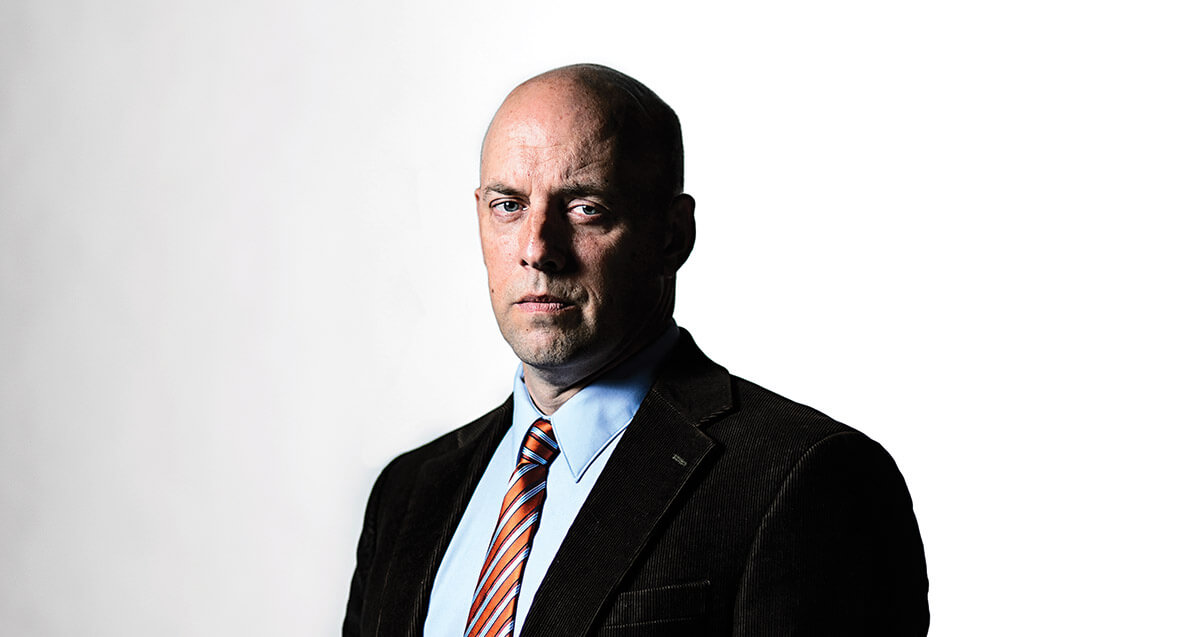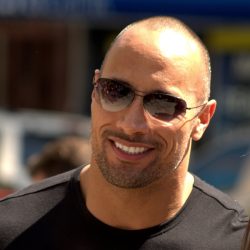Shawn Peters
During nearly two decades on campus, Shawn Peters PhD’07 has been a PhD student, an undergraduate adviser, and a lecturer in English, history, and religious studies. Now an instructor with the UW’s Center for Educational Opportunity, Peters teaches Integrated Liberal Studies courses, including Narratives of Justice and Equality in Multicultural America — better known as “The Wire course.” Peters wants the HBO show, which highlights the struggles of a West Baltimore neighborhood, to help his students explore reality in a new and engaging way.
How did The Wire become the main driver of your course? The idea was to teach less a theoretical social science course than a course about how those kinds of stories are told, and The Wire struck me as a text that tells a really profound story about justice and equality in Baltimore in a way that’s also engaging, that draws you in as a narrative.
Did growing up in Baltimore influence how you put the class together? For as long as I’ve been around Baltimore, it’s been a city with really serious problems, and it’s been struggling to make the best of the opportunities available to the citizens. Folks are disenfranchised, especially African American men, and they don’t really have the ability to go somewhere like UW–Madison. There are parts of the city that have become increasingly desperate over the last thirty years. And we saw that over the past six months, when the city exploded in protest over the death of Freddie Gray. You see it coming; it’s not like people just woke up one morning and decided, “We’re angry today.”
Is it hard explaining these issues to those who haven’t experienced them? We have students who have grown up in places like inner-city Baltimore who can speak directly of their experiences. Then we have students from various places where life in The Wire isn’t the case at all. As a teacher, the best moments are when students are engaging with one another. Rather than having your boring, middle-aged, white professor wagging his finger, saying, “Read the book, and then you’ll understand,” I want a student saying, “This is the way I grew up. This is what it’s like.”
How are you using Twitter in your classes? We’ve had actors from The Wire tweet at us, and we’d tweet back questions, and go back and forth. It allows free-flowing conversation in a way that more traditional modes of communication don’t.
Do students take the class expecting it to be easy? The typical response is, “That was a lot of fun, but we did a lot of work.” To me, that’s when class is really cool — when you’re really thinking hard, but actually enjoying yourself, your classmates, and the sense of community that you all have together. That’s when it works.
Interview conducted, edited, and condensed by Daniel McKay x’16.
Published in the Winter 2015 issue




Comments
No comments posted yet.